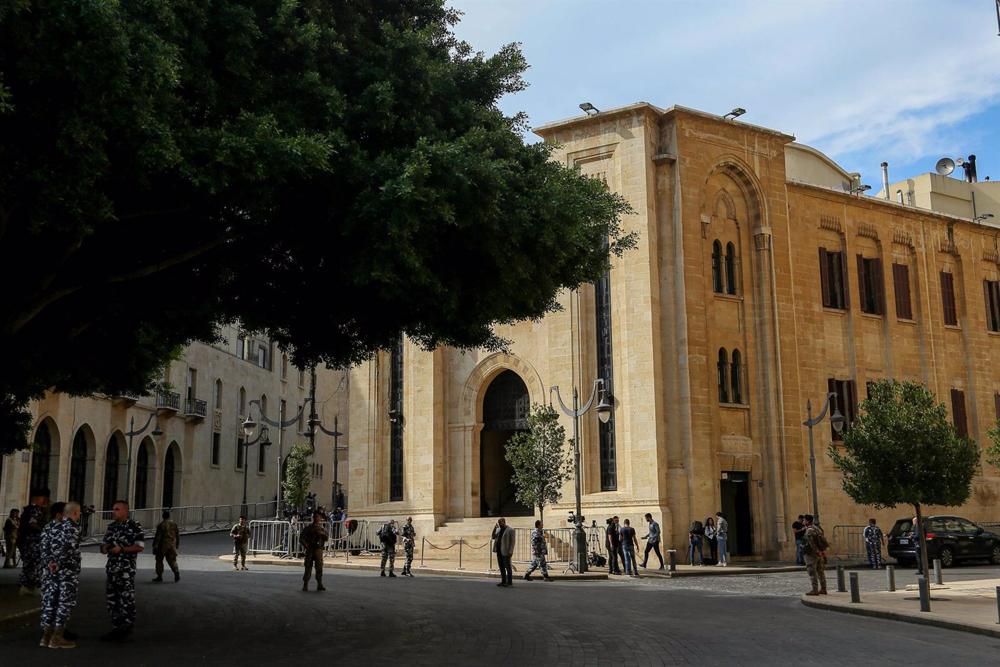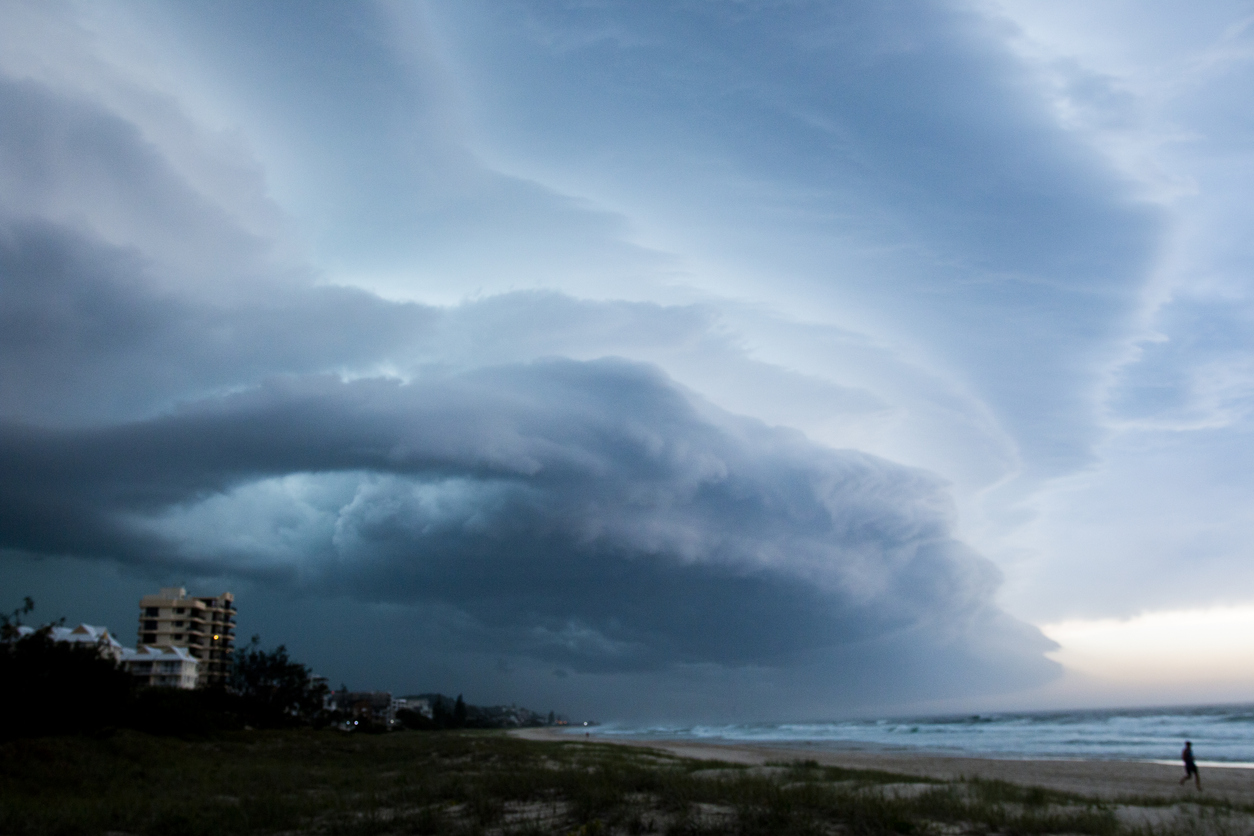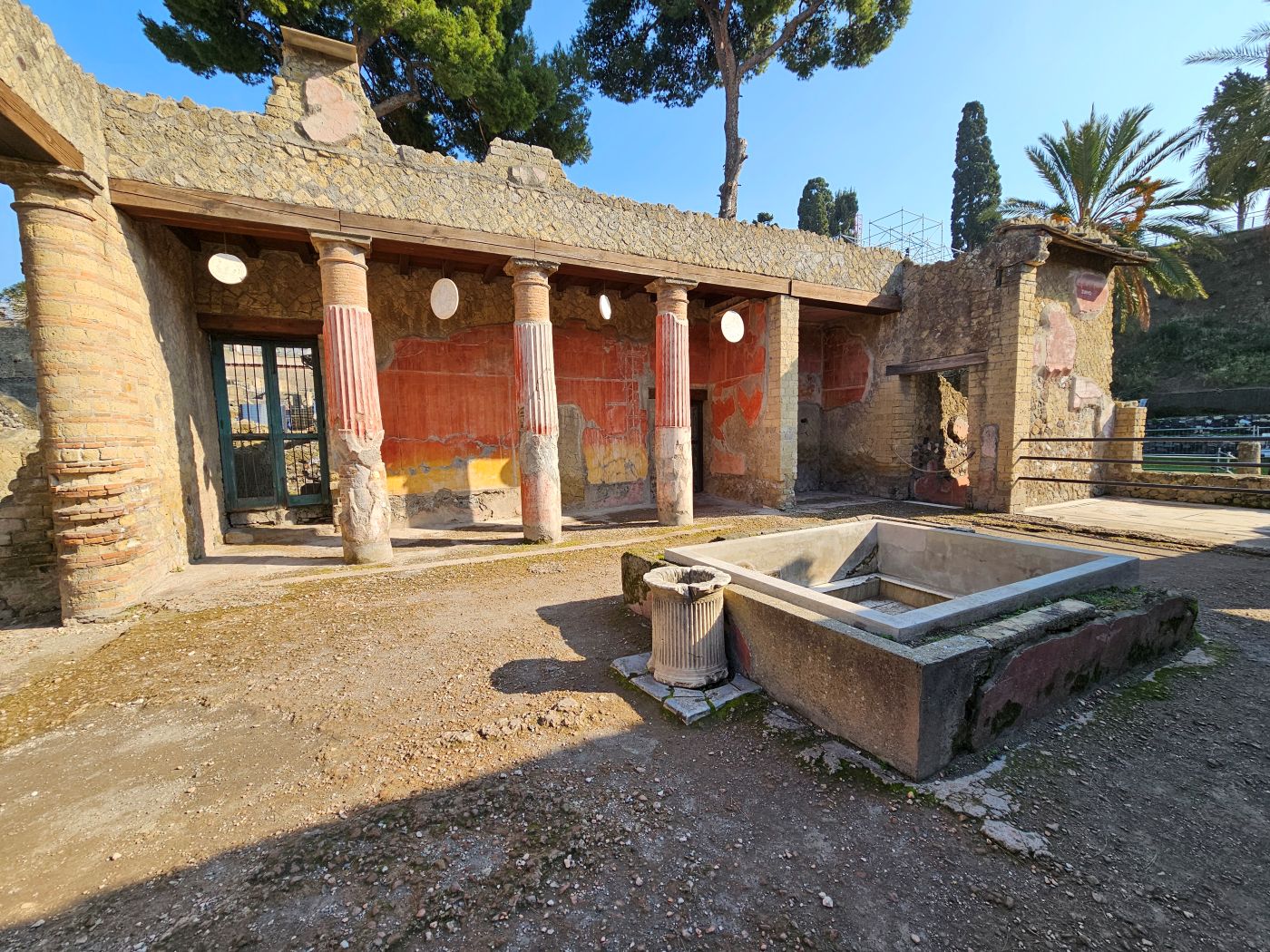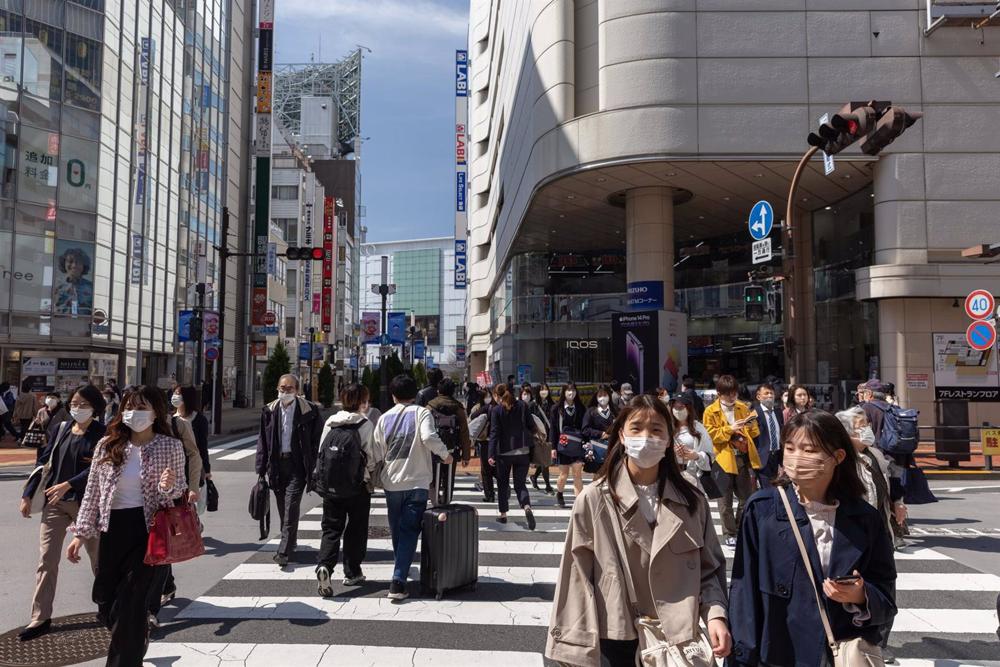
Lebanese MPs have been unable, for the ninth time in less than a month and a half, to elect Michel Aoun’s successor as head of the country’s presidency, in a new example of the absolute political paralysis that dominates the country, with a government resigned since May and fragmented by infighting.
As on the eight previous occasions, the deputies of Aoun’s Free Patriotic Movement and the Shiite tandem Amal-Hezbollah voted blank and then withdrew from the session after the first round of voting, with the consequent loss of the quorum necessary to proceed with a new round.
In the first round, the president must be elected with 86 votes, while in successive rounds an absolute majority of 65 votes is required To highlight something, on this occasion fewer deputies withdrew than on other occasions, suggesting a certain weariness with the procedures. Once again, the deputy and president of the secular Independence Movement, Michel Moawad, obtained the highest number of votes, 37 (the highest recorded since the beginning of the voting) and only 39 deputies left the hemicycle compared to 52 last week.
Among the other candidates who received votes were professor and respected academic Issam Khalife was acclaimed by five MPs (against four last week) or former minister Ziyad Baroud, with the backing of one MP (against two last Thursday).
In his farewell to office on October 30, Michel Aoun confirmed the delivery to Parliament of a missive making official the resignation of the outgoing Council of Ministers of the outgoing Prime Minister and political rival, Nayib Mikati, who has continued to serve despite having resigned since the end of the previous legislature, with the election in May of a new Parliament.
The missive was a rather blunt attack on the current functions of the outgoing prime minister, whom Aoun accuses of plotting to arrogate to himself powers unworthy of his office in order to hold on to power.






